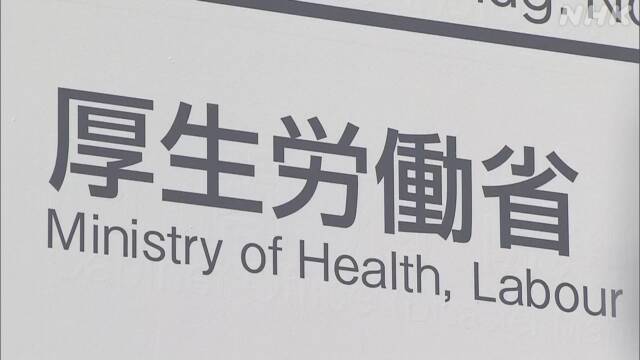The repayment of the government's "special loan" that lent living expenses for the time being to people who have lost their jobs due to the effects of the new coronavirus began in January, but it was found in an interview with the Ministry of Health, Labour and Welfare that less than 1% of the target loans have actually begun to be repaid.
The person in charge said, "We would like to respond according to the situation of individual households in cooperation with social welfare councils and other organizations."
The government's "Emergency Small Account Fund" and "Comprehensive Support Fund," which provide interest-free loans for expenses necessary for the time being to people who have difficulty living, have been expanded as "special loans" since the spread of the infection to include people who have lost their jobs or reduced incomes due to the effects of the new coronavirus, and households of two or more people have been able to borrow up to 2 million yen.
Approximately 200.382 million loans amounted to approximately 1,4431.7 billion yen, of which 258.1 million, accounting for nearly 1% of the total number of loans, have been repaid since January.
However, as of the end of January, about 46,2 cases had actually begun to be repaid, less than 89% of them, according to an interview with the Ministry of Health, Labour and Welfare.
In addition, there are about 3,111 cases of exemption from repayment, such as households exempt from inhabitant tax, more than <>,<> cases of deferral of repayment
,
and more than <>.<> million cases of not being exempted or deferred and not repaying.
The person in charge of the Ministry of Health, Labour and Welfare's Independence Support Office for the Needy said, "We would like to work with social welfare councils and other organizations to grasp the situation of individual households and consider responses."
Expert: "Long-term support is important"
Yohei Kakuzaki, an associate professor at Japan University of Social Welfare who is an expert on "special loans," points out that "these figures were expected from the beginning because they are loans to households in need.
On top of that, he said, "It is also important to contact people who have lost their connection with support organizations, such as social welfare councils, and link this to long-term support other than loans."

